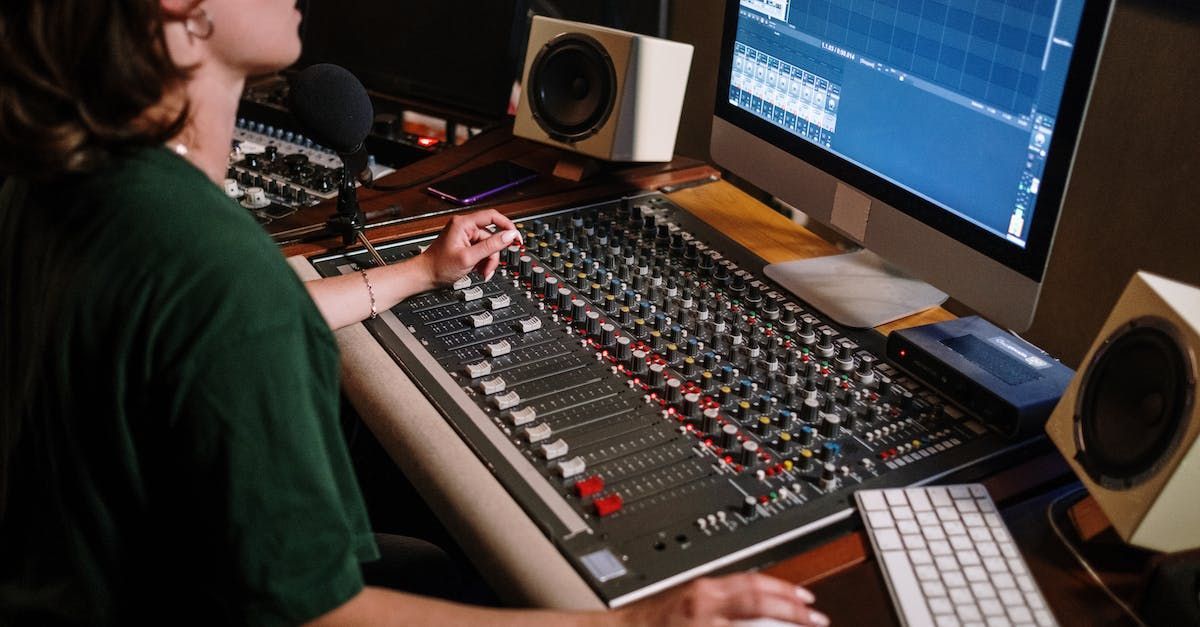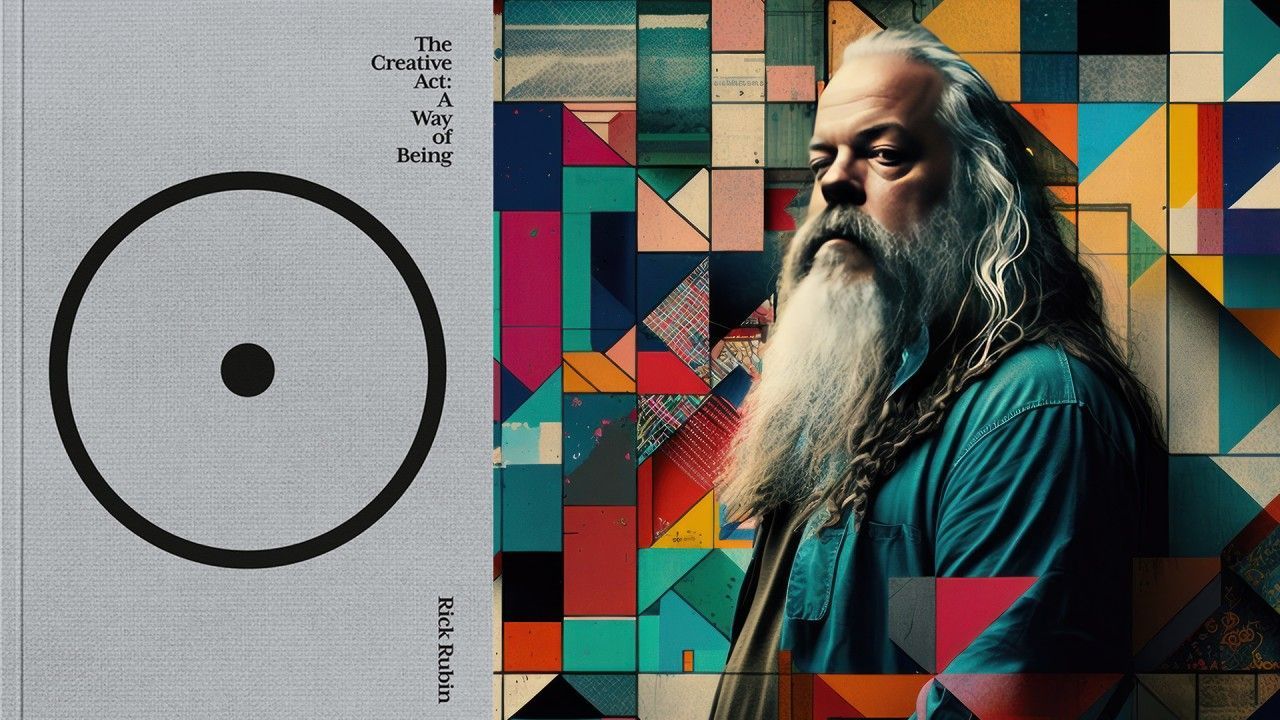The creative process, or rather the process of channeling ideas into tangible form, has the potential to change the world.
Whether a person channels ideas music, visual art, photography, the process remains the same, allowing for the seamless transition of knowledge among creatives. Musicians can learn from painters. Photographers can learn from poets.
Let’s take a look at sage wisdom from master creatives across all disciplines as they denote their experience of the creative process.
QUICK LINKS
Musician – Kendrick Lamar

“It’s in me to express how I feel. You might like or you might not, but I take that stand.”
A mega rapper like Kendrick Lamar expresses his feelings through his raps, and a mega rapper like Kendrick Lamar feels concerns because of this. He’s concerned with what others think. He’s concerned with failure.
Do you share these concerns about expressing your feelings? Cause it’s completely OK if you do. Take your stand just like Kendrick and watch what happens.
Visual Artist – Android Jones

“I really invite the viewer to make up their own meaning when they see [my work]. I think the meaning that someone creates from a piece is statistically more powerful than any kind of narrative that I want to put out there.”
What does your favorite song mean to you?
Does it mean the same thing that it means to everyone else who hears the song? Or does it mean something personal to you and your experiences?
Creativity is an elusive force that humans are lucky to be able to channel. Once that force exists as something physical it’s up to the consumer to decide what it means.
Author – Toni Morrison

“I wrote my first novel because I wanted to read it. “
What do you want to create? When you look deep down about what you love about creating what do you see?
Those answers are the reflection of your truest self. Toni Morrison won the Nobel Prize by answering these questions.
Photographer – Annie Leibovitz

“You, the photographer, are the sensitive matter. What makes an impression on you is what will be seen.”
Annie Leibovitz is known the world over for her portraits. She’s made a renowned living capturing images of other people; actors, musicians, members of the British Royal Family.
Yet in every one of her pictures, you can see her looking back at you. She is there in the picture.
What makes an impression on you? How does that manifest in your music?
Poet – Shel Silverstein

“Never explain what you do. It speaks for itself. You only muddle it by talking about it.”
When people ask what you “do” what do you say?
Maybe you say you’re a producer, or a musician, or an artist. Do those titles define what you “do” or what you “are”?
Perhaps you say you “make music,” but does that explanation truly depict the act of channeling the creative process? The act of bringing your ideas to life?
One of the aspects of creativity that is truly beautiful is that it doesn’t require explanation.

Turn your passion for music into a Profession: Learn more about our Music School Programs!
Join our Newsletter
Get the the latest music industry insights, invites to exclusive events and workshops, and artist spotlights straight in your email.
MORE ARTICLES FROM THE ICON BLOG

FIND YOUR SOUND, HONE YOUR CRAFT:
Are you ready to turn music into a career? ICON prepares students to become music producers, composers, performers, recording artists, professional DJs, and entrepreneurs in the entertainment industry. Click below to get information about our award-winning programs:

